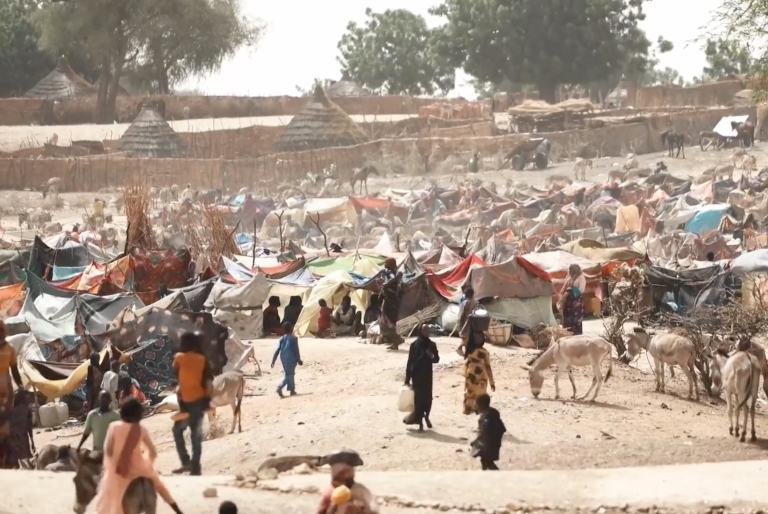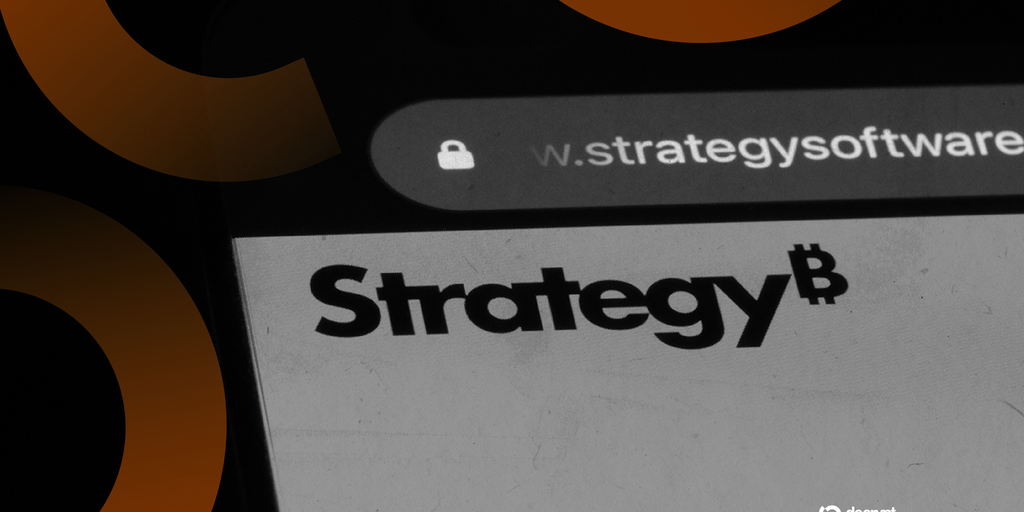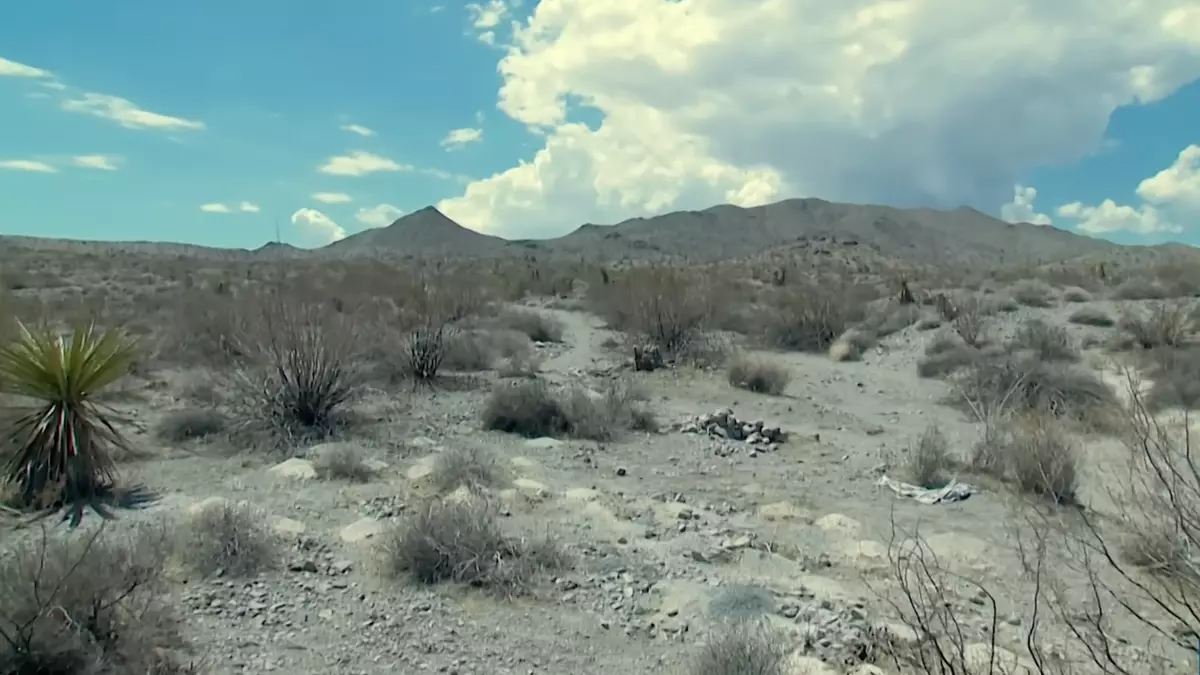Copyright Resilience

Naema Abdullah stands over a blackened pot of bubbling oil, her hands moving with practiced ease as she drops small rounds of dough into the heat. Around her, three women work in steady rhythm—one kneading, another packaging the golden luqaimat, the fried dough balls beloved across Sudan, and a third calling out orders from neighbors. The air is thick with the smell of sugar and oil, a small economy sustained in the heart of a displacement camp in Wad Madani, about 85 kilometers southwest of Khartoum. When civil war between the Rapid Support Forces and the Sudanese Armed Forces erupted in Sudan in 2023, Naema fled Khartoum after her husband died from illness in the conflict’s early days. She arrived in Wad Madani with three children, no income, and the nightly terror of their hunger. “Every night I would think about what I could do to provide for my children’s growing needs…food, drink, medicine,” she tells Shareable. “They’re children. They don’t understand that something isn’t available, and they suffer because of it almost daily.” She tried domestic work, but the stigma associated with it in Sudan brought only rejection from her new neighbors. But desperation brought innovation. Abdullah gambled her last few Sudanese pounds on supplies, set up outside a mosque, and began frying. Within a month, she had hired three other displaced women. That modest stall, cobbled together from scrap wood and plastic sheets, was the culmination of months of struggle—a lifeline to Abdullah, born from a single bag of flour, three kilograms of oil, and the oldest social contract in Sudan, “nafeer.” Across Sudan, women are resurrecting nafeer, an ancient practice of communal solidarity, adapting it into a decentralized network of survival that functions where the state has collapsed. The word nafeer describes collective mobilization during crises, such as floods, famines, and wars. Traditionally, communities would pool food, medicine, and labor, prioritizing the sick, elderly, children, and pregnant women. In peacetime, nafeer meant neighbors repairing a family’s crumbling home or women organizing rotating savings funds, called “sanadig dawara,” to help someone in need pay for medical treatment, university fees, or a wedding. For years, the concept had remained largely out of the spotlight. Abdullah’s stall has since grown into what her grandmother would recognize as a modern “nafeer cooperative,” sharing profits, providing microloans to other women, and distributing surplus flour and oil to families in need. Today, the group earns between 5,000 and 10,000 Sudanese pounds (nearly $8–16) daily, a modest income in a country that saw inflation peak at 422% in July 2021 and stands at 81% as of August. Despite the persistent cost-of-living pressures, this income is enough to quiet the children’s cries and occasionally buy them sweets. “We women are mothers, sisters, daughters, and wives,” Abdullah says of the effort she and other women make. “Without us, life does not move forward. We are trying to live with the bare minimum, provide what little we can for our children, and help anyone we are able to help.” Revival of ancient solidarity Tamer Abdelkarim, an anthropologist and sociologist at the University of Khartoum, described nafeer as a traditional Sudanese practice of community solidarity that serves as a form of social security. “Nafeer originally appeared when effort needed to be multiplied, whether in agriculture or any type of production,” he explains. “People would come together and complete work that might take one person several days in just a few hours, often with celebratory rituals. It is a form of social security. A person feels secure knowing that if disaster strikes, illness, death, the community will support them.” According to Abdelkarim, modern nafeer initiatives are organic community structures, often built on the backbone of the resistance committees, neighborhood organizing groups that emerged during Sudan’s 2019 revolution. “In Khartoum’s besieged neighborhoods, where venturing out for food became potentially fatal, emergency rooms became systems of popular governance, filling the void left by the state.” Initially, many women hesitated to use mixed-gender, traditional emergency rooms due to security and privacy concerns, prompting the creation of women-only spaces. Many of these rooms provide critical support often overlooked by the collapsed state, including menstrual products, safe housing for survivors of gender-based violence, psychological care, and opportunities for economic empowerment. “We only offer the help we can provide.” In the central Kordofan region, one of these groups helped Dana and Leila Hussein (pseudonym) survive in the aftermath of an attack that killed their father and brothers. Left traumatized and assaulted by Rapid Support Forces fighters, they barely spoke when village women organized an immediate nafeer, raising funds for burial costs, covering transportation to the nearest city, and alerting a women’s network that could provide emergency support. “Dana and Leila arrived in extremely poor physical and psychological condition,” recalls Sara Ahmed, a member of the network who requested anonymity for security reasons. “We provided housing and food and stayed with them to help them feel safe. Then we arranged for a doctor and a psychologist to provide follow-up care.” According to members of the group, the network operates almost entirely in secrecy, necessary in a society where survivors of sexual violence face profound stigma. Staffed by women activists, doctors, and social workers, it pools funds from donors and women’s organizations. Over months, the two sisters received medical treatment, counseling, permanent housing rented through the nafeer emergency fund, and eventually seed money to start a home-based food business. They now support themselves, pay rent, and are slowly rebuilding. “The recovery phase and return to work is difficult and long,” says Amina Mohamed (pseudonym), the network’s social supervisor. “We do not pressure survivors. We only offer the help we can provide.” Elsewhere, in the southeast city of Sennar, women’s groups focus on distributing menstrual products and first aid to survivors of sexual violence, providing approximately 1,000 pads each month and reaching 50 to 100 women and girls depending on funding. Across the cities of Omdurman and Karari near Khartoum, emergency rooms offer confidential services including safe housing, trauma therapy, legal aid for domestic violence cases, and small grants for overdue rent or school fees. These efforts unfold in a country where more than 12 million people, most of them women and girls, face gender-based violence and disrupted public services. Economics of solidarity “Economic behavior in communities is not necessarily governed by market concepts, such as supply, demand, price, payment,” Abdelkarim says. “There are non-material economic values. You might give your entire harvest to your cousin who is getting married. Economists see this as illogical, giving a large portion of your time and production to another without payment. But these are powerful social investments, and reciprocity strengthens social bonds.” In Wad Madani’s makeshift markets, more than 70 small stalls run by women sell homemade products. According to Maryam Mohamed (pseudonym), a local initiative coordinator, 60% of vendors are displaced women, many widowed or supporting large families alone. Resilience, however, can be weaponized. Tamer warns against romanticizing Sudanese solidarity in ways that justify international neglect. “There is a lot of talk about the strength of these communities and promotion of their resilience, a romanticization of this solidarity,” he says. “The truth is, yes, we support and stand with each other, but does that mean you just sit back and watch without providing tangible support? There is a joke: ‘A poor person is miserable all year, smiles for one minute, gets photographed, and they write that the poor are happy in their poverty.’ That is misuse.” Most Sudanese families have survived by “relying on relatives abroad.” This, too, is nafeer, moral and social values that compel mutual aid at the family or community level, he argues. “But it is an exhausted system,” he adds. “Families have been impoverished, displaced multiple times, and subjected to every form of violence. The networks women have built are extraordinary, but they should not have to be.” When Rapid Support Forces attacked Al Jazira State, Abdullah fled again, this time to Kassala in eastern Sudan. There, she restarted her luqaimat business and expanded her network to approximately 20 displaced women, some working in production, others distributing surplus resources to families in need. “Whether the war is in Madani or Kassala, we do what we can,” Abdullah says. “Surplus flour, wheat, and oil goes to families in need. When there is extra money, we give microloans to women we know, and the wheel keeps turning. We help within our capacity.” This article is published in collaboration with Egab. This article originally appeared on Shareable.net. Teaser image credit: Sudanese refugee camp in Chad, 16 May 2023. By Henry Wilkins/VOA – https://www.voanews.com/a/number-of-refugees-who-fled-sudan-for-chad-double-in-week-/7095241.html, Public Domain, https://commons.wikimedia.org/w/index.php?curid=132039457



